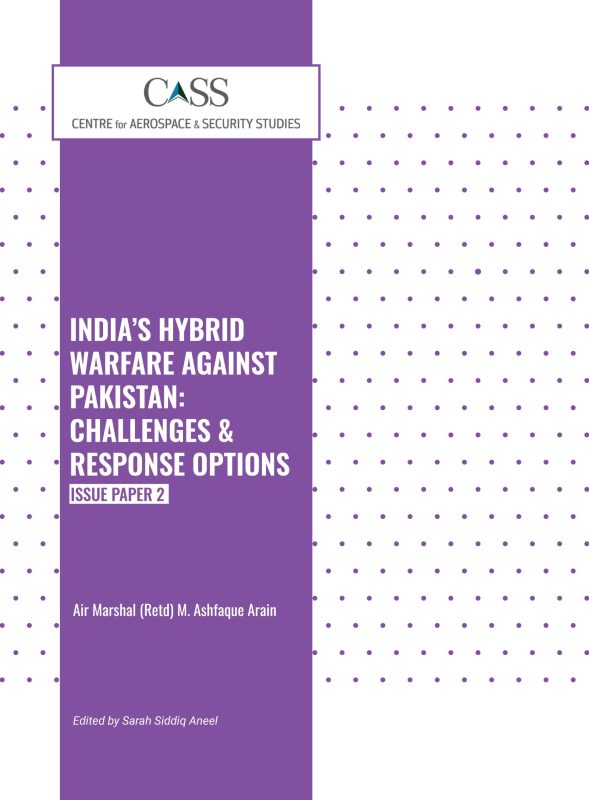Abstract
In modern times, “Hybrid Warfare” has evolved as the most formidable and viable strategy to attain a state’s national objectives with simultaneous use of kinetic and non-kinetic means. This type of warfare builds on the concurrent employment of various centers of power, usually led by intelligence agencies to exploit an adversary’s crucial vulnerabilities in economic, diplomatic, political, and social domains. Employment of asymmetrical forces and unusual methods help bring synergy in producing desired effects. The use of kinetic means with subversive activities also enables the aggressor to avoid blame and consequent retribution. For these reasons, hybrid warfare is a good example of “the whole being greater than the sum of its parts.” Modern means of mass communications have greatly enhanced the success of such warfare. The complexity of such warfare as well as its flexible nature necessitates an equally adaptable and well considered response. Pakistan, being a frequent casualty of India’s hybrid war with ever-increasing intensity and effects, needs to understand the threat and formulate a national strategy to counter it.




